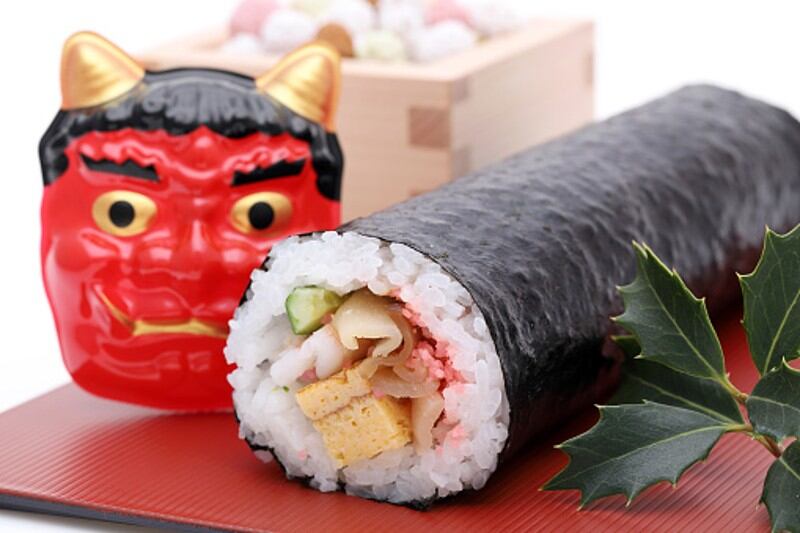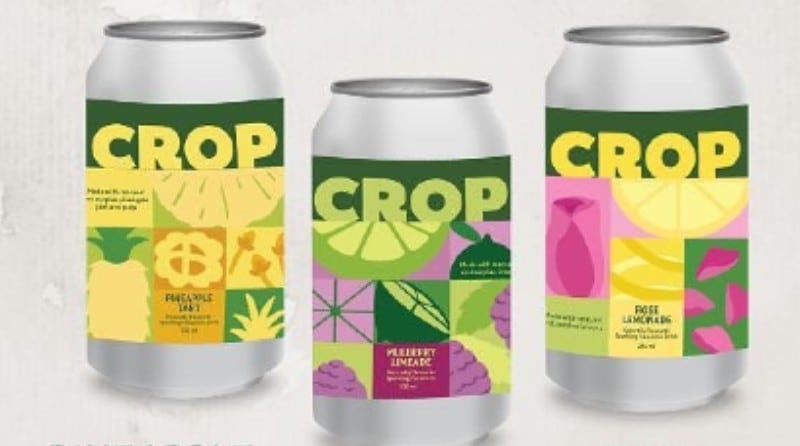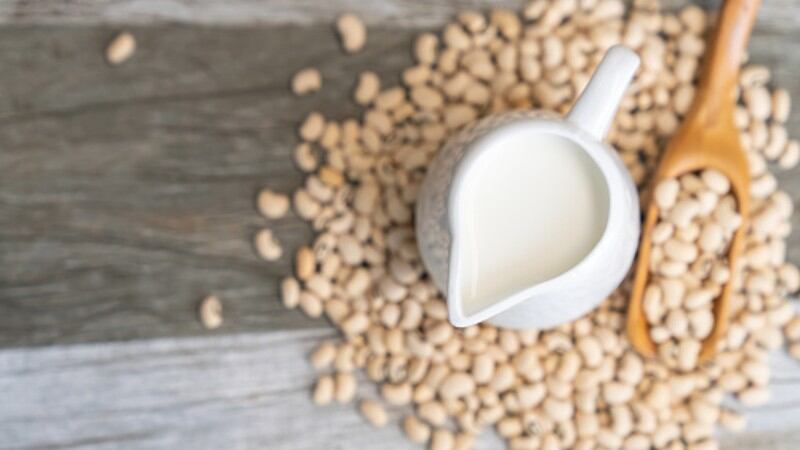One such product concern surrounds the festive sushi roll ehomaki, the consumption of which is popular in February on the last day of winter. Eating the entire roll as a whole in silence is traditionally believed to bring good luck for the entire year.
As such, many food firms and retailers in the country have been producing and marketing ehomaki over the years, but the uncontrolled amount of production has unfortunately resulted in large amounts of food loss, first brought to light by consumers noticing that many of these rolls were not bought or consumed.
“The seasonal issue of food wastage due to the disposal of Ehomaki after Setsubun (the last day of winter) has become a much-discussed topic on social media in recent years, [which has led the ministry] to lead an annual [movement] to reduce this waste,” Japan’s Ministry of Agriculture, Forestry and Fisheries (MAFF) stated in a formal statement.
“Within this, initiatives such as retail management via pre-order sales and transporting products to retail outlets with the highest demand, as well as adjusting the sizes of the ehomaki rolls sold have been gradually implemented this year.
“This movement has been in place since 2019, and our latest survey results show that since then about 90% of food firms and retailer participants in this movement have seen an improvement in the reduction of ehomaki disposal amounts, with 31% of them seeing over 60% of food waste reduction.”
Food industry participants of this programme need to register with MAFF in order for the ministry to conduct national-level supervision and organization, particularly in terms of ehomaki ‘quotas’, and as of February 2022 the ministry’s list included 77 participants including big food and retail industry names such as Iko-Yokado, Aoki Super and Lawson.
“All of these efforts are in line with Japan’s Act on Promotion of Food Loss and Waste Reduction [established back in 2020] and we will continue to work to reduce further food wastage and loss from this sector,” said MAFF.
Going high tech to reduce food waste
After the Act on Promotion of Food Loss and Waste Reduction was established back in March 2020, many local firms have turned to technology to help with waste reduction effort such as Lawson which implemented AI to manage its stock and shelfing needs.
Lawson has established a national objective to cut down its overstocking by 30%, amongst which reducing food waste is a major priority as the disposal of this has been reported by the firm to be its second-highest cost after labour costs.
Beverage giant Suntory has also turned to AI in order to reduce wastage in its manufacturing, particularly when it comes to avoiding food (or in this case beverage) loss due to having to dispose of products that are returned as a result of undetected damage.
“It can be very time-consuming to check whether beverage bottles have sustained any damage during transportation - AI technology [can help to hasten this process and] is expected to help us to reduce product returns by up to 50%, thus helping to reduce food waste as a result of this,” said the firm in a public statement.
The firm’s beer arm also recently announced the implementation of an AI anomaly detection system in its new can filling line at its Kyoto-based Natural Water Beer Plan.
This new detection system is expected to start later this year, and will replace the traditional equipment sensor data used for monitoring which requires human interpretation. Using AI, the new system will be triggered in the case of any anomalies to enable Suntory staff to address potential errors and damages at an earlier stage of production.
Upcycling to reduce food waste
In addition, some local Japanese food firms have turned to the concept of upcycling in order to reduce the food waste generated from production of their traditional products. One such example is shrimp cracker firm Keishindo, which has over 150 years of history but only recently turned to making upcycled products.
“We are best known for our Sugata-yaki (shrimp crackers made of live Japanese tiger prawn or sweet shrimps caught in Japan, filleted and grilled on griddles to keep the original shape of the shrimp), and Aburi-yaki (is made from minced shrimp mixed with flour and starch, then grilled and baked on griddles),” Keishindo Executive Managing Director Yuji Mitsuda told us.
“More recently, we also developed our Sustainable Shrimp Crackers made from upcycled ingredients in collaboration with Nagoya curry udon restaurant chain Wakashachi-ya and local students studying about the UN’s Sustainable Development Goals.
“For these, we make the cracker dough with the heads of sweet shrimps not used in our regular shrimp cracker production, and off-cuts of udon noodles not used in Wakashachi-ya’s regular noodle production, then bake these on a griddle to make a curry-flavored shrimp cracker.”
According to Mitsuda, the upcycled food industry in Japan is more focused on ensuring products close to their expiration dates are sold off even at lower prices in order to avoid excessive food waste, particularly when it comes to snacks and confectionery, but thus far upcycled products with added value and sold at full price such as the Sustainable Shrimp Crackers are still rare.
“That said, little by little snack and confectionery manufacturers are starting to make products with the UN SDGs as a keyword,” he added.
“The important thing at the end of the day for food products is that they must taste good though – otherwise, no matter how good they are for the environment and how much food wastage they can avoid, they are not going to sell.”





